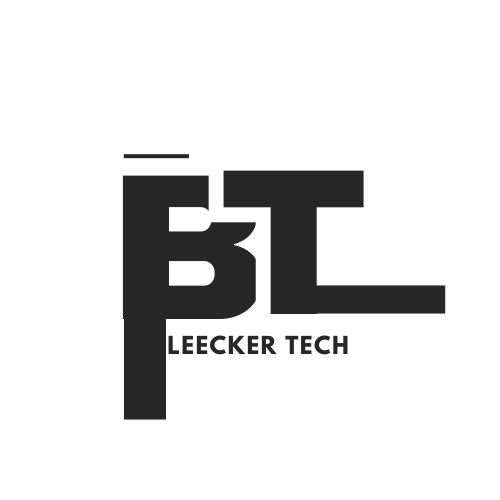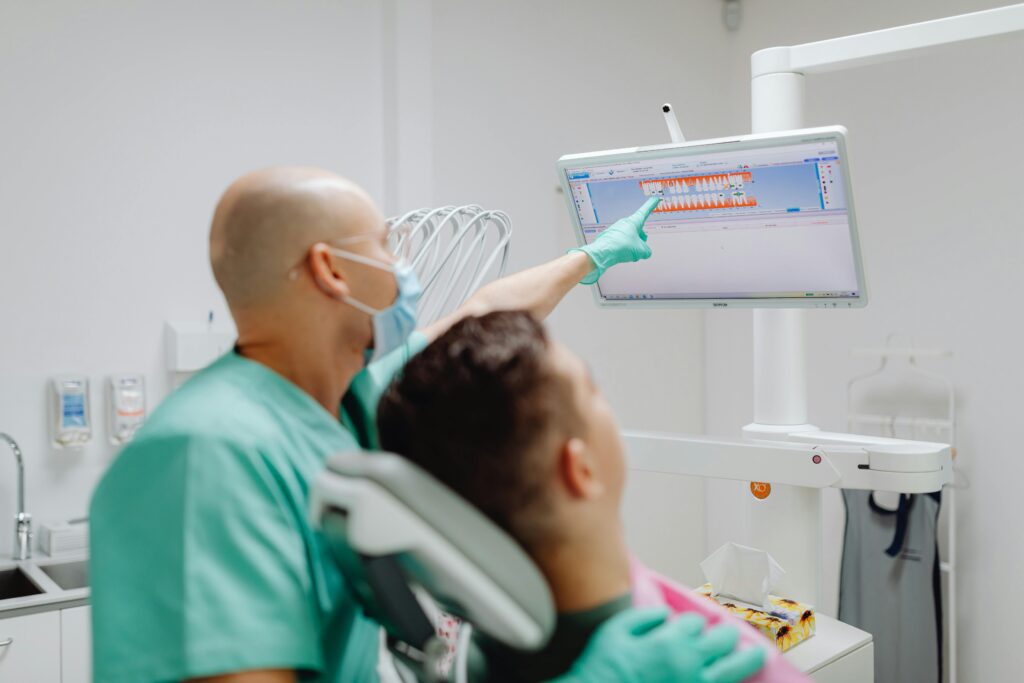Digital innovations can be seen to be transforming the delivery of health care through accurate diagnoses, work flow and patients’ well being. These advances ranges from sophisticated imaging techniques to overall digitization of health and these are trends that are defining standards in patient care.
The Rise of Digital Diagnostic Imaging
Enhanced Accuracy with AI Integration
Diagnostic imaging has been accelerated and refined in its use by the integration of AI. The algorithms of artificial intelligence help in the interpretation of medical images, and they do so with very high accuracy measures; to detect diseases such as cancer and cardiovascular diseases in their early stages.
Streamlined Workflow in Radiology
Information technologies have made routine work in Radiology efficient and have eliminated possibilities for mistakes. Acquiring images through cloud based platforms also make sharing of imaging results easier and increase joint working among the various healthcare professionals.
3D Imaging for Better Insights
Other intricacy of internal structures can be viewed by latest 3D imaging techniques, which also aid in planning of operation. These innovations have limited the use of invasive measures something that will benefit patients as well as the clinicians.
Digital Health Solutions in Patient Care
Telemedicine: Expanding Access to Care
The successful use of mobile technology in delivering health services has informed the formation of telemedicine platforms. One may interact with professional practitioners via video conference, thus eliminating long distances and time. Especially about internet access for business people and learners who are in rural areas or areas with limited Internet coverage.
Wearable Technology for Continuous Monitoring
Smartwatches monitor patient’s biometrics and report daily fluctuations to guide the treatment of chronic diseases. Althrough these devices put the health choices of each of their patients into the palm of his/her hand, they also present physicians with the information which is required to make decisions.
Electronic Health Records Integration
EHR systems consolidate patient records, which are used by many different subscribers and providers, in an efficient way. This leads to better organization of care, reduction of errors in treatment, as well as acquisition of better results from patients.
Benefits of Digital Innovations in Healthcare
Improved Patient Outcomes
With the help of digital tools, specialists have the possibility to diagnose the diseases in question earlier and make more appropriate treatment schemes. This is less expensive and shortens the number of days spent in hospitals as opposed to increasing the recovery rate of most diseases.
Cost Efficiency in Healthcare Delivery
Efficient structures cut down on operational expenses, hence the cost of healthcare is deprecated. In other words, productivity creates a greater capacity to undertake patients’ treatment without negatively affecting the quality of service delivery.
Enhanced Patient Engagement
Digital platforms engage patient and update them with their treatment plans. Lecture materials, tips, and options concerning health help people to go through preventive measures affecting their well-being.
Future of Digital Innovations in Healthcare
Mobile technology has a strong impact on healthcare and thanks, to technology, healthcare is going to be personalized and efficient in the near future. AR in surgeries, AI in drug discovery, new genomics, and similar trends already suggest that the industry can be redefined.
Conclusion
This content suggests that digitization is the foundation of the contemporary heath industry on which innovative solutions are based. Strengthening the imaging capabilities while at the same time increasing the value of care delivered these innovations help to shape the future of health. This is because the application of technology leads to improvement of patients’ health, saves much money, and makes patients happier.



